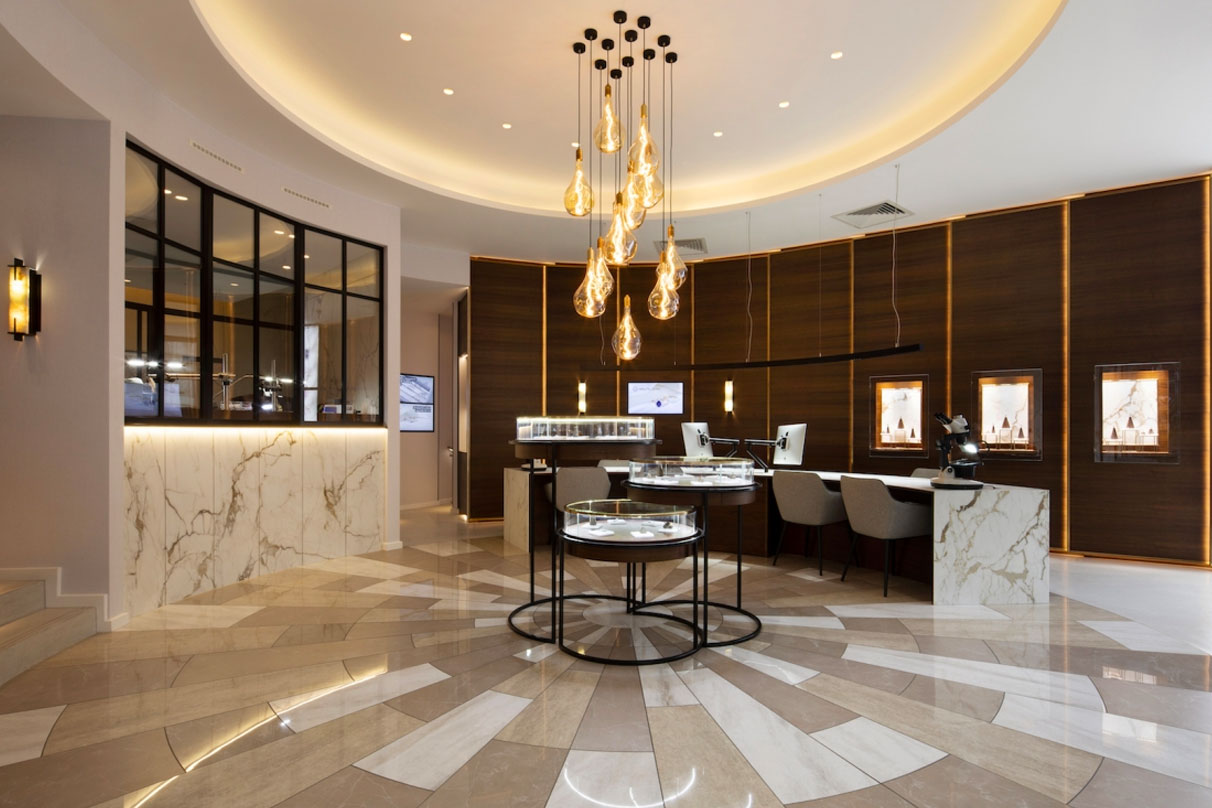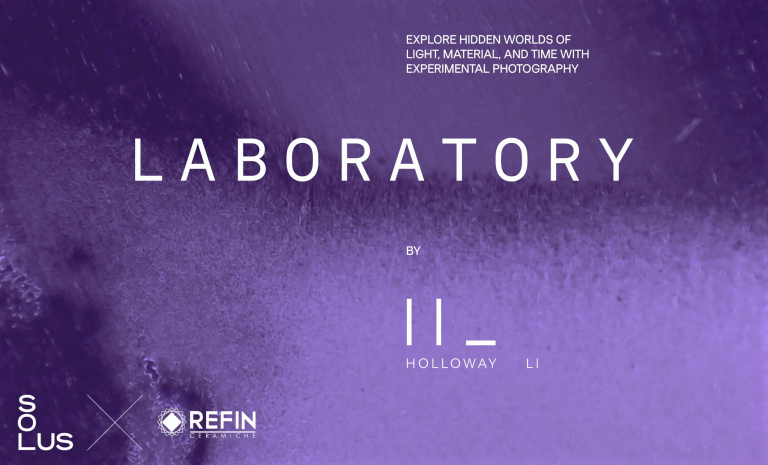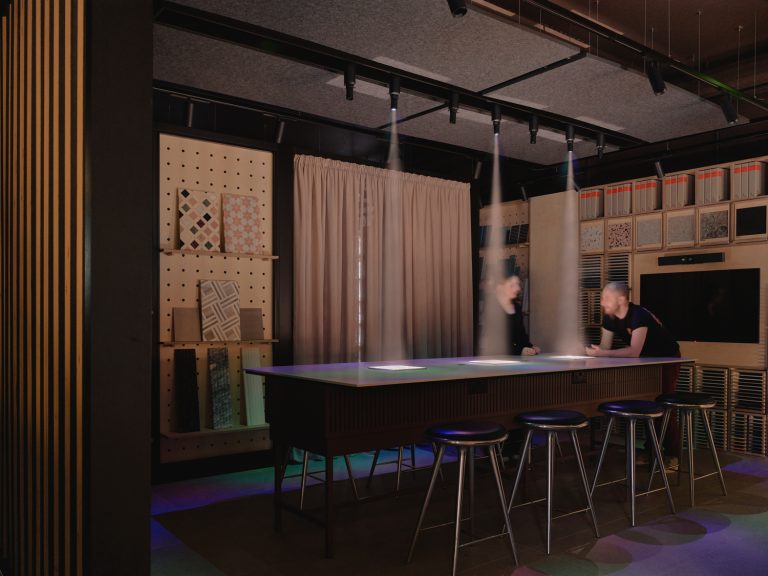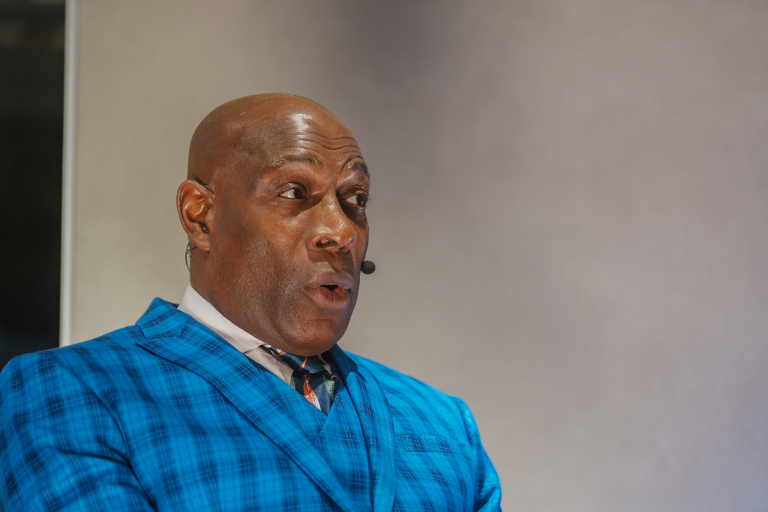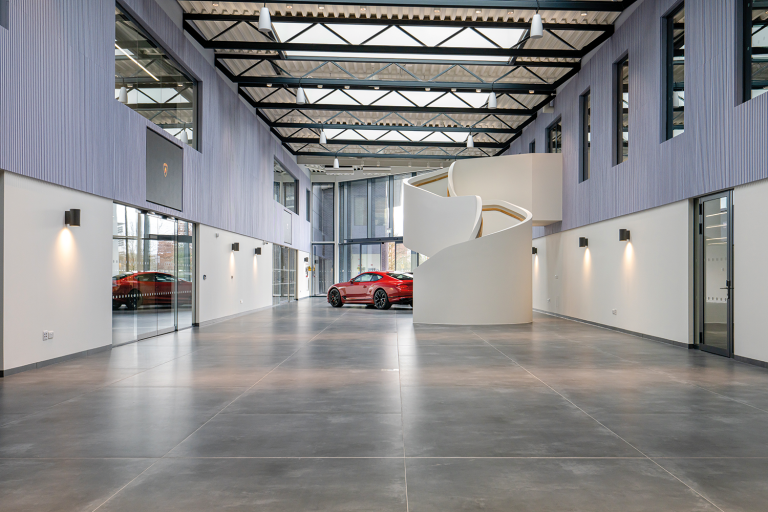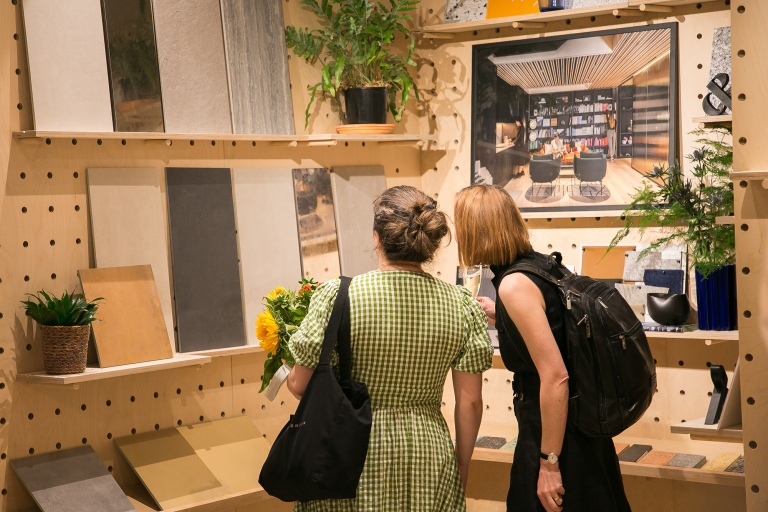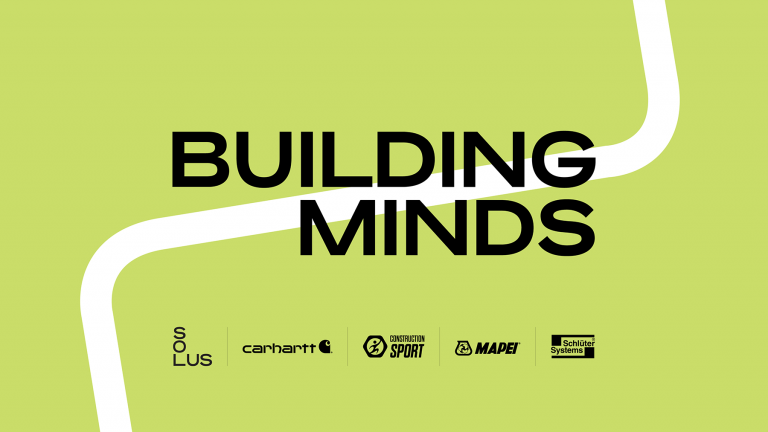As part of our ongoing commitment to sustainable business practices, we are delighted to welcome our new Sustainability Manager, Ken, to the team. We sat down with Ken to ask him about some of the key issues our industry faces, what designers should be looking for, and what a sustainable construction industry might look like.
Firstly, how did you gain your expertise in sustainability management?
I qualified as an Energy Consultant in the UK back in 1986. I then emigrated to New Zealand where I was recruited by the NZ Government to promote energy efficiency and conservation for homeowners and businesses throughout the country. I travelled the world representing NZ at international conferences, gaining a broad understanding of the different approaches to efficient practice in many countries. I worked in several other sectors including rubber tyre, plastics, cardboard, glass recycling; food waste management, and water management before gaining higher level sustainability management qualifications. These gave me the knowledge to bring all my experiences together; and how to create Sustainability Management Plans and Supplier Assessments.
What are some of the key sustainability challenges facing the construction industry?
Rising energy prices and shortages of supply are forcing attention on sustainability ahead of environmental concerns. This does not negate the importance of environmental concerns, such as carbon dioxide emissions (global warming), fossil-fuel usage, plastic waste, resource scarcity, water mismanagement.
As an overall observation, there is a great deal of confusion over the descriptions used to make sustainable claims; from different country definitions and industry-specific definitions. For example, the term recycling is very loosely used in the industry. It is not clarified that the recycled waste is actually pre-consumer waste and not post-consumer waste, as many people would assume it to be.
What role does transparency play in sustainable business?
Truth and transparency are key to sustainable business operations and reporting. Product facts and marketing information alone isn’t enough; it all needs to be backed up with evidence. But often, not all the evidence is available yet. In these instances, it’s better to be approximately right than entirely wrong. As manufacturers work to gather all the evidence, it’s important businesses present as much truth and transparency as they can, based on the evidence they currently have. This means people can make informed decisions about the products they’re purchasing.
What should designers and architects be aware of when choosing products?
Style, quality, price, and functionality will continue to be key decision-making factors, as is the case in many industries, however the need for products with a low carbon footprint is now becoming more prevalent. Just relying on product specifications and supporting environmental certifications is unlikely to provide sufficient sustainable product assurance. While this helps, having a clear understanding of the overall carbon footprint for various product options, and being able to compare products on this basis, will help designers and architects be fully aware when choosing products.
What does a sustainable construction industry look like, and can it be achieved?
Many highly developed factories already have good data on their carbon footprints and manufacturing processes. This data needs sharing and promoting across industry sectors, not just presented to specifiers. By providing information aligned to sustainable reporting frameworks, and striving to set and exceed performance benchmarks, all companies in the construction sector can start to demonstrate what they are currently doing right, and what they are doing to continually make improvements.
A great starting point would be the creation of an industry think tank with sustainability consultants from various sectors working collaboratively together, creating best-practice frameworks, and sharing ideas and processes on how to make the industry a world leader in sustainability.
